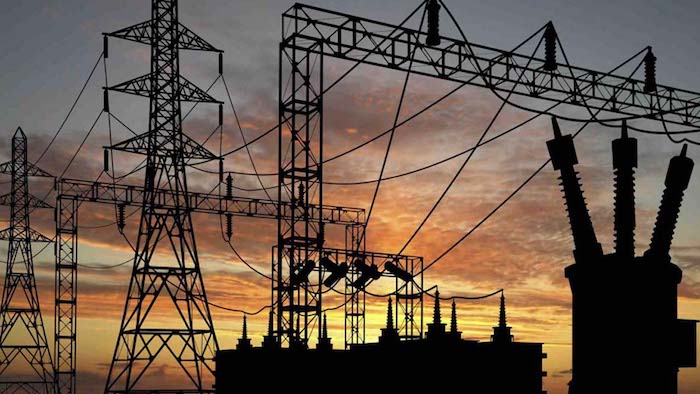Nigeria is set to experience significant improvements in its power supply in 2025, with a combination of investments, regulatory reforms, and infrastructure enhancements poised to drive the sector forward. A recent report by Olaniwun Ajayi highlights the role of strategic initiatives, including a $1 billion funding commitment from the African Development Bank (AfDB), in bolstering the country’s power generation capacity.
Progress and Challenges in Power Generation
The report outlines a promising future for Nigeria’s electricity sector, projecting increased power generation through ongoing investments in both traditional and renewable energy sources. However, it also cautions that challenges, such as gas supply issues and distribution inefficiencies, will need to be addressed to ensure sustainable growth.
A shift towards renewable energy, particularly solar, is expected to gain momentum as part of Nigeria’s Renewable Energy Master Plan (REMP). Collaborations with international partners, including AfDB and USAID, are set to accelerate the growth of solar hybrid mini-grids and standalone systems, particularly in rural areas that are traditionally underserved.
Infrastructure Investments and Technological Advancements
Key infrastructure improvements, such as large-scale investments in transmission and distribution networks, are expected to significantly enhance the efficiency and reach of the national grid. The construction and rehabilitation of thousands of kilometers of transmission lines will reduce grid losses and boost reliability.
In addition, the introduction of a new Supervisory Control and Data Acquisition (SCADA) system in 2024 is set to improve grid stability and management in 2025, contributing to a more resilient energy system. Nigeria’s ongoing engagement with the West African Power Pool (WAPP) will further integrate the national grid into regional energy systems, promoting cross-border electricity trade and regional energy stability.
Decentralization and Market Reforms
A significant step towards a more efficient and competitive electricity market is the establishment of the Nigerian Independent System Operator (NISO), which is expected to be completed by early 2025. This move will decentralize electricity market operations and improve system efficiency by enabling better generation scheduling and transmission management.
The potential unbundling of the Nigerian Bulk Electricity Trader (NBET) will also promote a more market-driven approach, fostering direct, bilateral trading between Generation Companies (Gencos) and Distribution Companies (Discos), resulting in more transparent pricing and incentivizing investments in power generation.
Impact of Rural Electrification Projects
On the ground, the Rural Electrification Agency (REA) is making strides in addressing Nigeria’s energy access issues through mini-grid projects. A notable example is the recent launch of a 550kwp interconnected mini-grid in Bakin Ciyawa and Kwande communities in Plateau State. This project is part of the Interconnected Mini-Grid Accelerated Scheme (IMAS) and will provide reliable, clean energy to over 3,500 households and numerous Micro, Small, and Medium Enterprises (MSMEs).
The project is expected to reduce energy costs for businesses, extend operating hours, and improve productivity, thus stimulating local economic growth. Additionally, the mini-grids will help reduce carbon emissions by replacing fossil fuel-based energy sources, contributing to Nigeria’s climate change mitigation efforts. The solar mini-grid is expected to cut 600 tons of CO2 emissions annually, equivalent to taking 130 cars off the road or planting 15,000 trees each year.
Socio-Economic Impact and Sustainability
The REA has emphasized the importance of ensuring the sustainability of these mini-grid projects by promoting community ownership and maintenance. The pay-as-you-go payment model will also support long-term system upkeep and upgrades. The initiative is part of a broader effort to expand Nigeria’s renewable energy market, alleviate energy poverty, and improve living standards, especially in rural communities.
Looking Ahead
With continued investment in infrastructure, renewable energy, and decentralization of power markets, Nigeria’s power sector holds great promise for 2025 and beyond. These initiatives aim to provide more reliable electricity to underserved communities, foster economic development, and reduce Nigeria’s reliance on fossil fuels, aligning with global sustainability goals.
